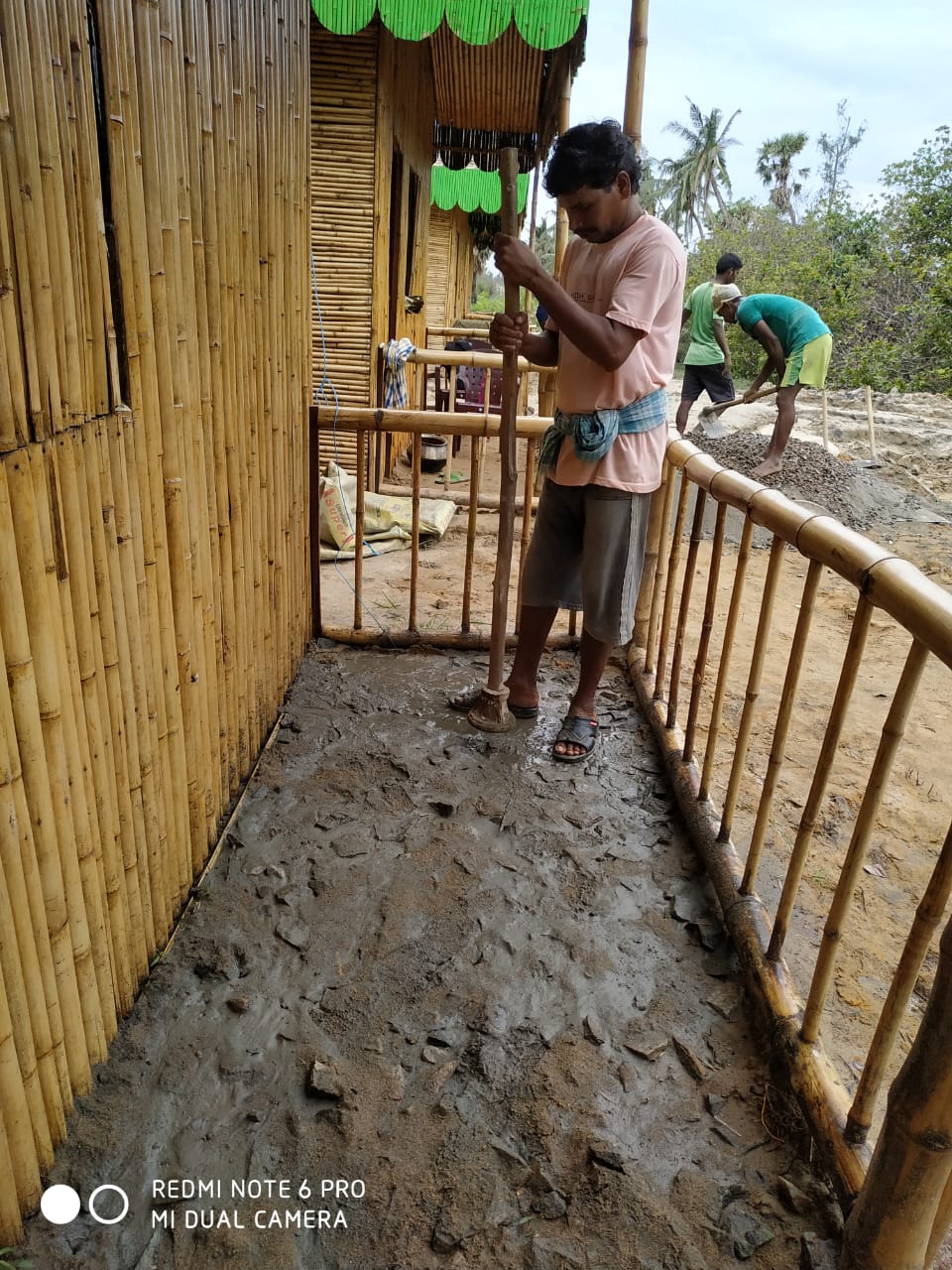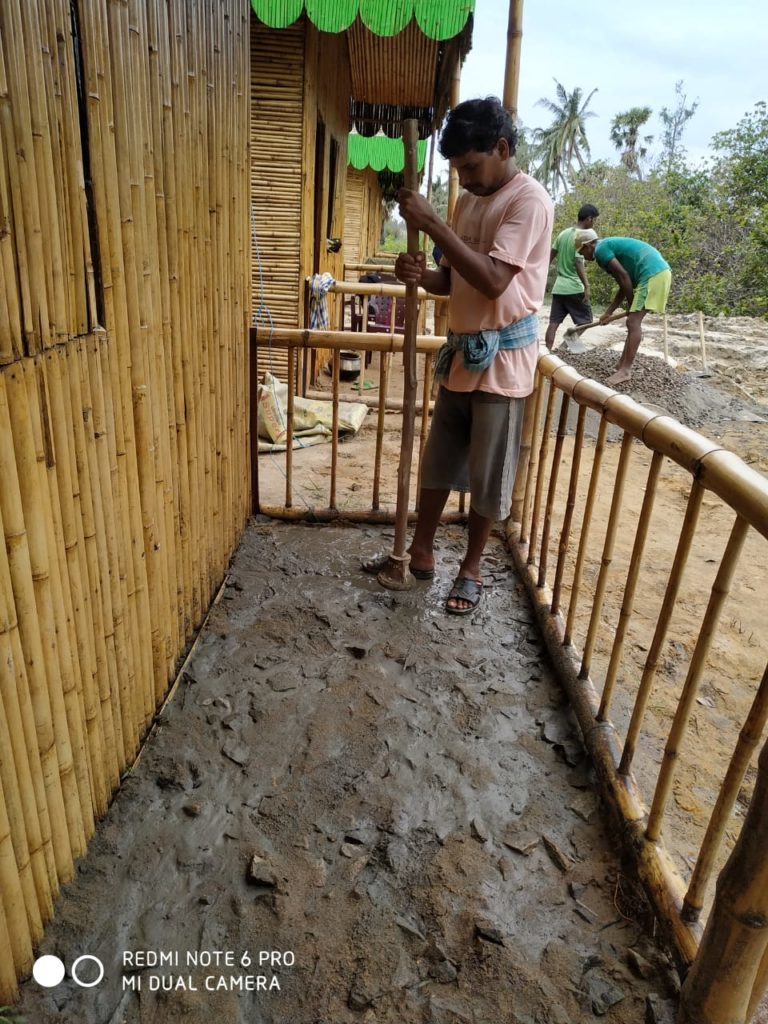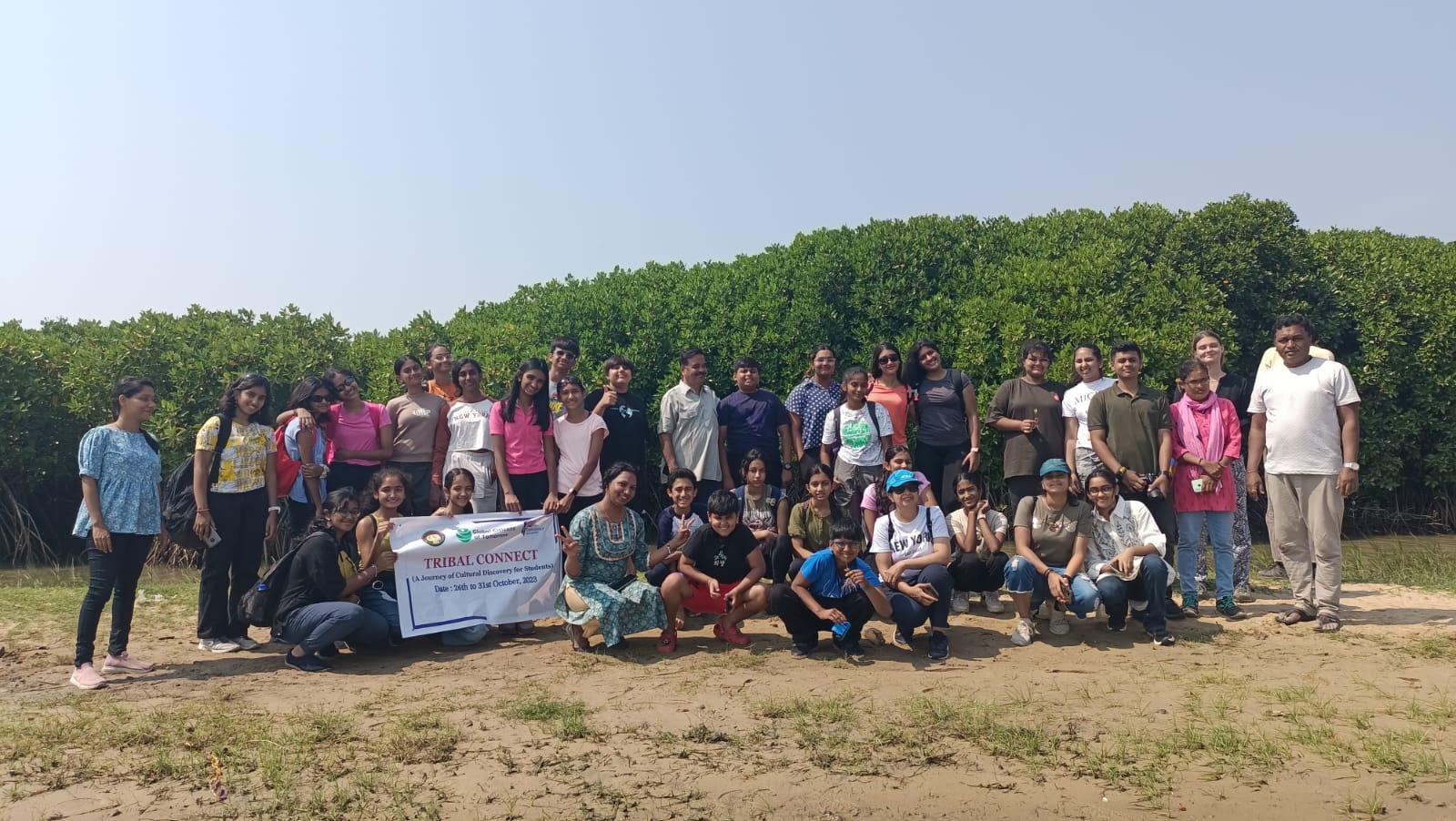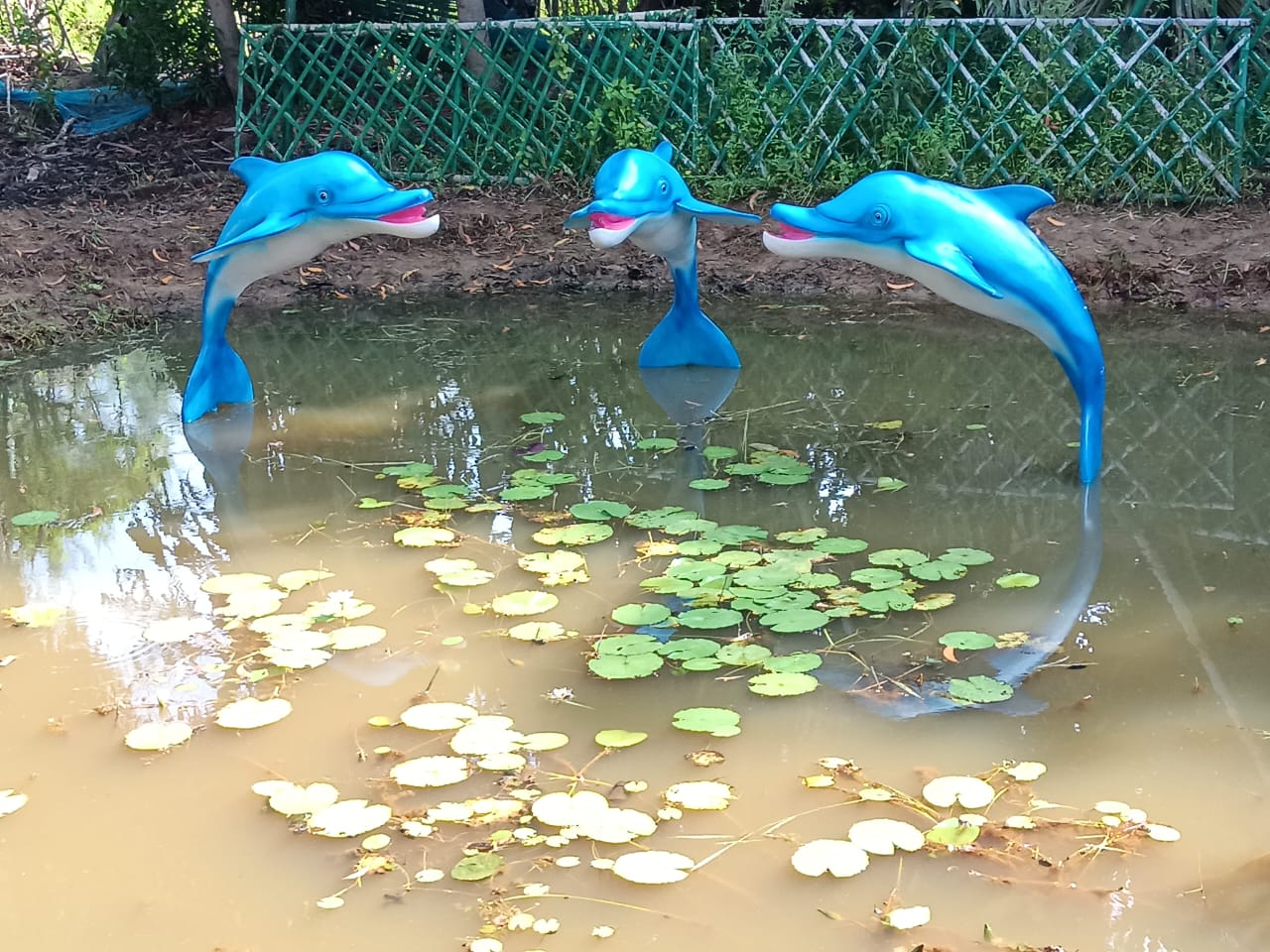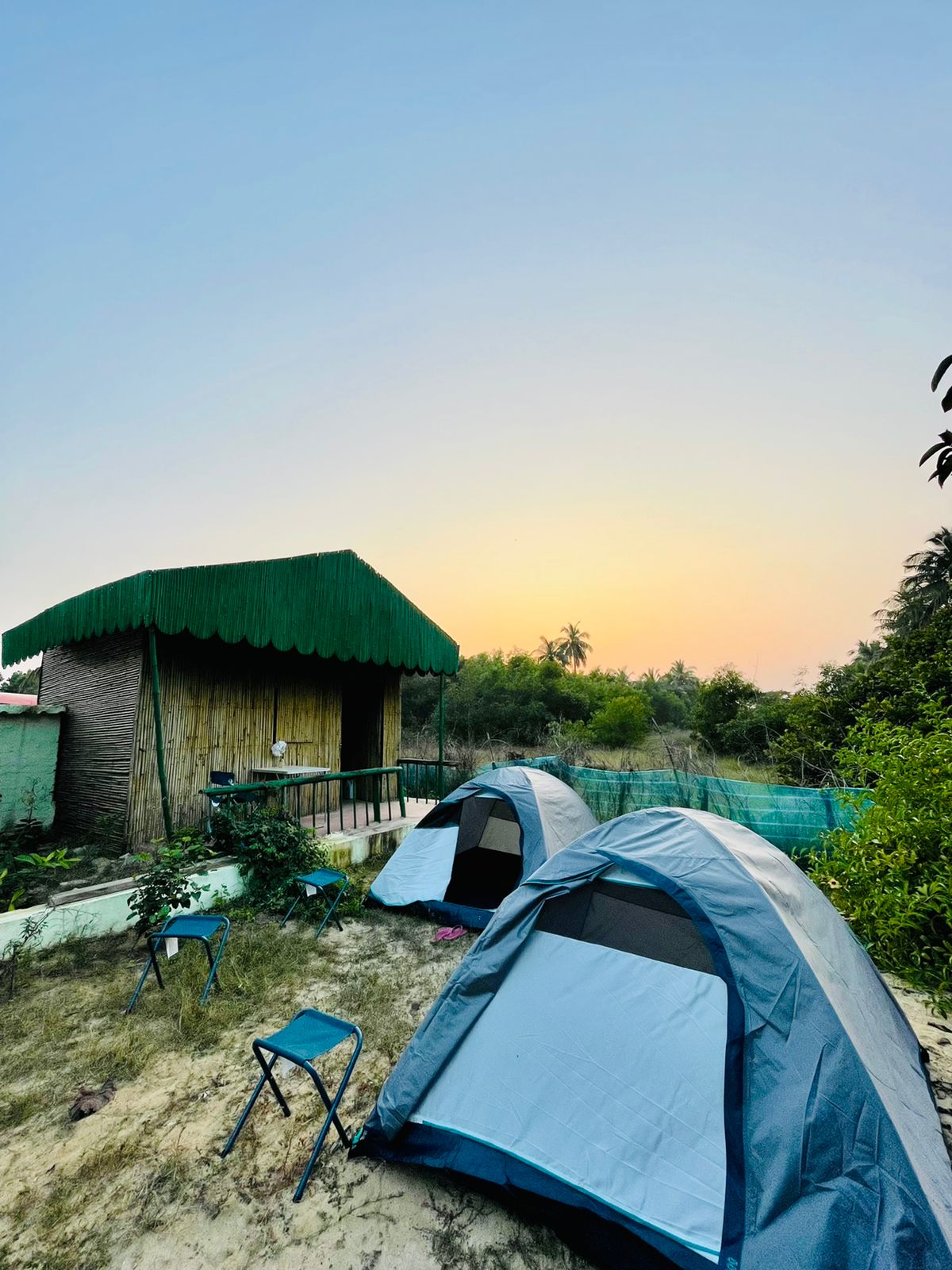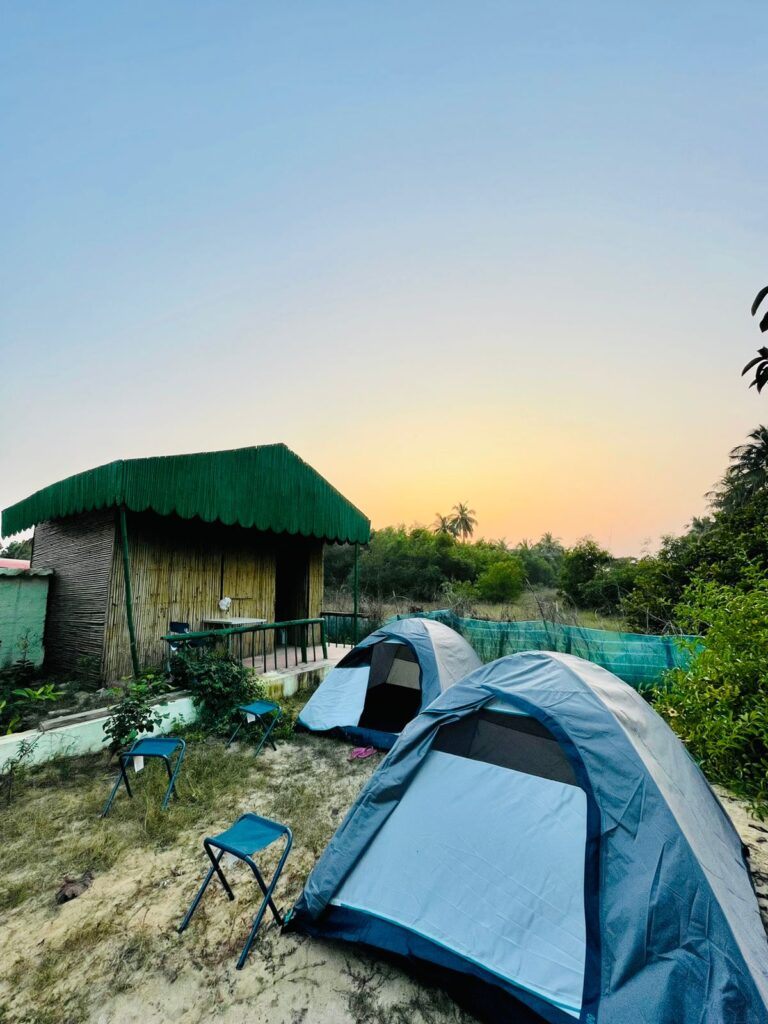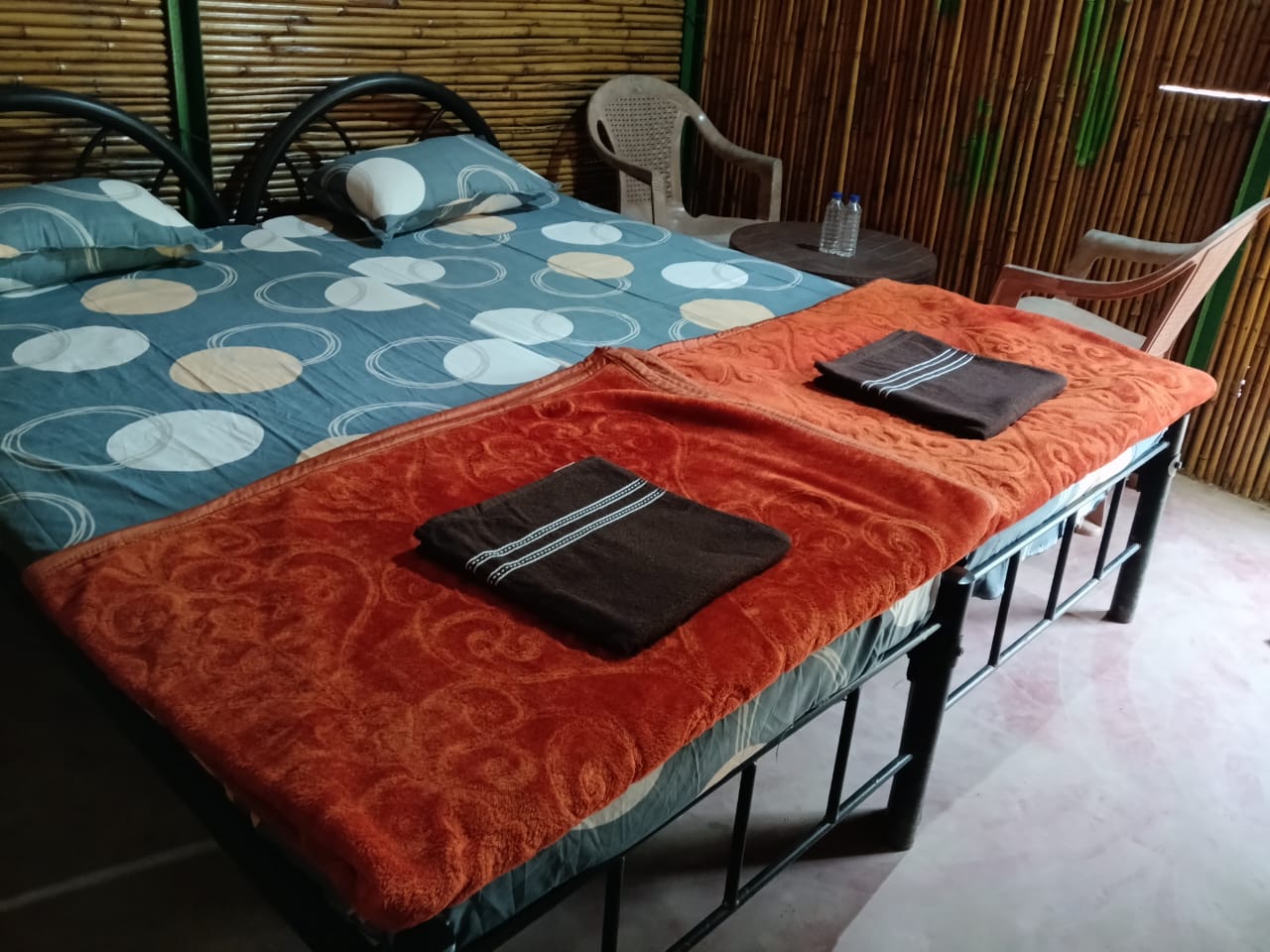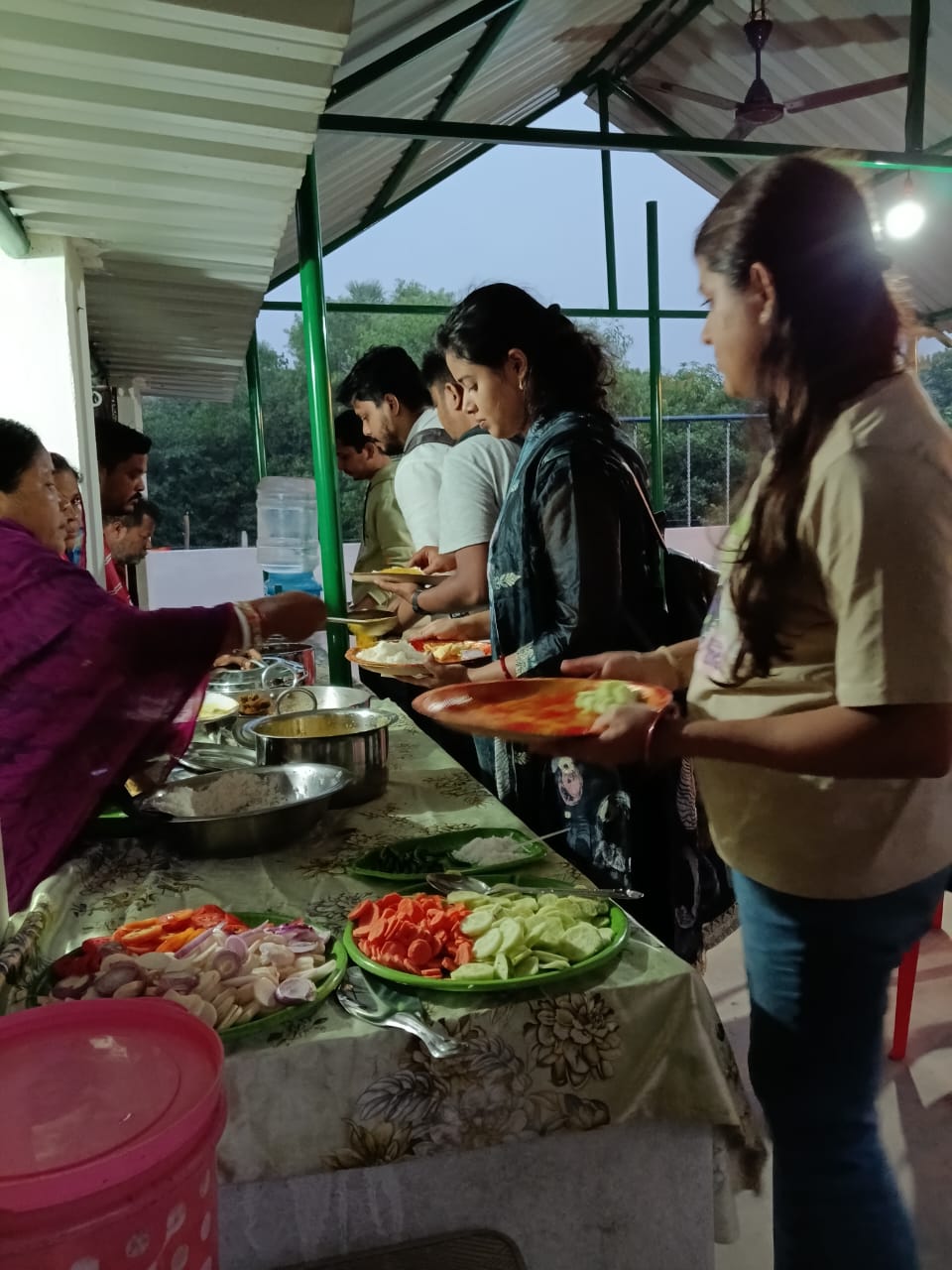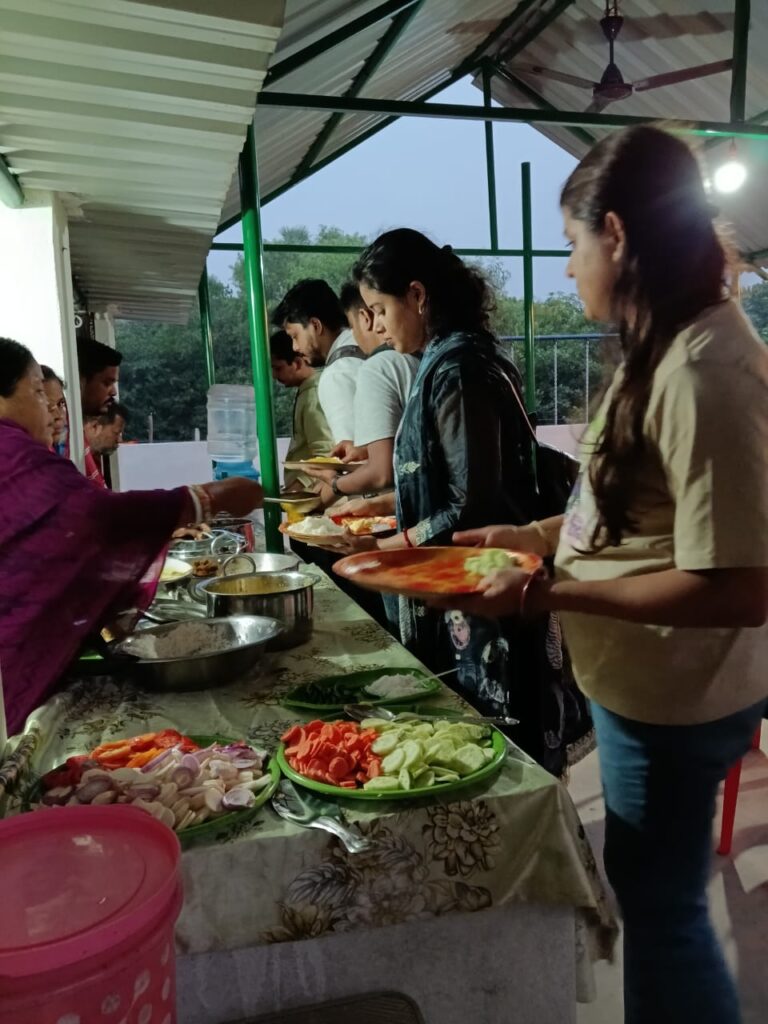Chilika Lake is home to endangered freshwater dolphins and a is gathering spot for tens of thousands of birds. Two communities there have pledged to fight illegal fishing, plant mangrove trees, and teach children about the environment. They will also launch a small-scale ecotourism project, which will give fishers another way to support their families.
Chilika Lake, on the Bay of Bengal, is a huge brackish lagoon. It teems with wildlife, including fish, birds, and rare species including the critically endangered Irrawaddy dolphin and fishing cat. Chilika was India’s first Ramsar wetland of international significance.
On paper, the lake is a protected area, but overfishing remains a serious problem. About 70% of the area’s residents depend on fishing for their livelihood, putting enormous pressure on the resource. And when fishers use illegal driftnets, turtles and dolphins are killed as by-catch.
The communities of Berhampur and Mahinsha Islands will protect 20 acres of the lagoon from illegal fishing. They will also launch a robust program of environmental education for boatmen, fishermen, teachers, and schoolchildren. The communities will also create a mangrove nursery and plant 2,000 seedlings.
A Seacology grant will fund infrastructure and training to encourage ecotourism. Tourism both offers fishers an alternative livelihood and provides an economic incentive to preserve the natural resources that attract tourists. This project will also fund an interpretive center with a lotus pond; an organic garden; upgrades to houses so families can host tourists; cottages, tents, and biotoilets for tourists; and a small restaurant and craft store run by local women.
Several years ago, Seacology funded a successful project in Berhampur Village with the same NGO partner, Jeevan Rekha Parishad (Lifeline Council). Women planted thousands of mangroves and other trees around the island. They also built a small building that they now use as a center for women’s self-help livelihood groups.






